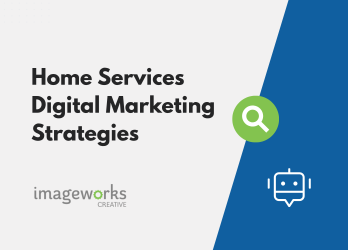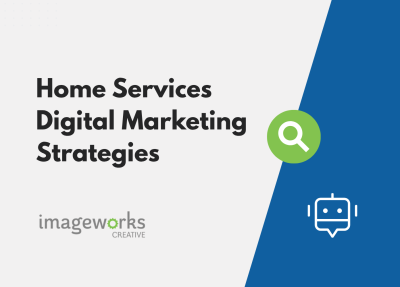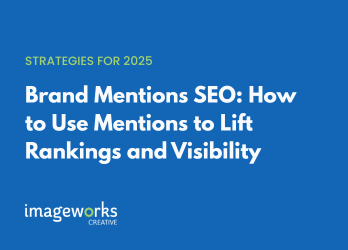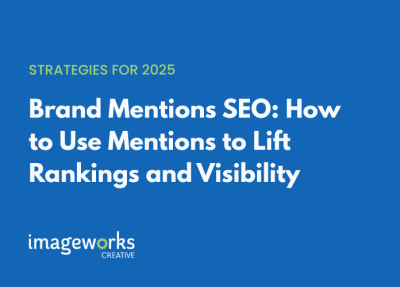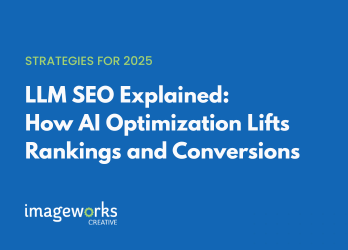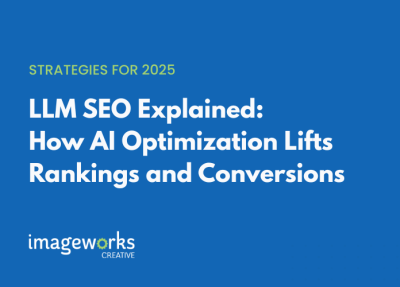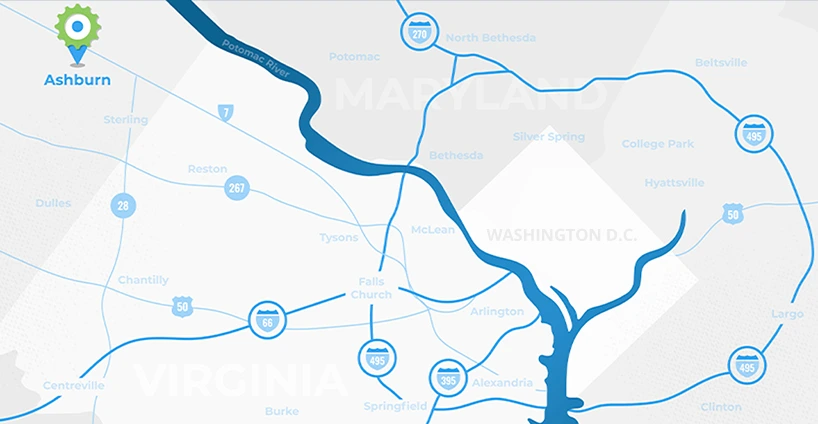Local SEO vs. Non-Local SEO (B2B/National SEO)

Local SEO (For Businesses Targeting a Specific Geographic Area)
Purpose: Local SEO involves optimizing your website and online presence specifically to attract customers searching for products or services within a defined local geographic area. It helps businesses appear prominently in Google Maps, local pack listings, and localized organic search results when customers search for services "near me" or in a specific location.
Ideal for:
- Brick-and-mortar businesses (e.g., restaurants, dental clinics, law firms)
- Service-area businesses (e.g., home contractors, plumbers, LASIK doctors)
- Any business serving customers primarily within a specific city or region
Key Local SEO Strategies:
- Google Business Profile Optimization – Claiming and optimizing your Google Business Profile (GBP) for visibility in local map searches.
- Local Citations & Directories – Listing your business consistently on sites like Yelp, Angi, HomeAdvisor, and local chambers of commerce.
- NAP Consistency – Ensuring your business Name, Address, and Phone number (NAP) is identical across all listings.
- Local Keywords – Targeting geographically-specific keywords (e.g., "LASIK doctor in Atlanta").
- Reviews & Reputation Management – Collecting positive Google and Yelp reviews to enhance credibility.
- Localized Content – Creating location-based content, blog posts, or case studies.
Non-Local SEO (B2B, National, or Global SEO)
Purpose: Non-local SEO targets broader audiences that aren't confined to a specific geographic location. It often involves ranking for industry-specific, non-geographic keywords and generating leads on a national or international scale.
Ideal for:
- B2B service providers (e.g., website hosting, GovCon services)
- National or global businesses
- E-commerce companies or SaaS providers
- Companies seeking to attract clients outside a local area
Key Non-Local/B2B SEO Strategies:
- Content Marketing & Blogging – Developing educational content, guides, whitepapers, and case studies tailored to industry needs.
- Lead Generation SEO – Optimizing landing pages and CTAs to effectively convert visitors into leads.
- Technical SEO – Ensuring website performance, fast loading speed, mobile responsiveness, and structured content.
- Backlink Building – Acquiring authoritative backlinks from industry-specific publications and websites.
- Keyword Strategy – Targeting specific industry-related keywords (e.g., "best website hosting for GovCon").
- Thought Leadership – Leveraging LinkedIn, guest blogging, and authoritative content to build brand trust and visibility.
Conclusion
Understanding the differences between Local SEO and Non-Local SEO (B2B/National SEO) is essential for maximizing your online visibility and effectively targeting the right audience. Each SEO approach is tailored to different goals and audience types:
- Local SEO is specifically designed to help businesses become highly visible within their immediate geographic area, capturing local customers who are actively searching for nearby services or products. This approach leverages localized optimization, community engagement, and region-specific content to attract local traffic and boost conversion rates.
- Non-Local SEO (B2B/National SEO), on the other hand, aims to attract and engage audiences on a broader scale, typically spanning multiple regions, states, or even countries. Businesses utilizing this strategy are usually less constrained by geographic boundaries and more focused on industry-specific visibility, thought leadership, and lead generation.
By clearly defining your business objectives and identifying your target audience, you can strategically implement the most effective SEO practices to achieve optimal visibility, generate qualified leads, and accelerate your business growth.
Frequently Asked Questions (FAQs) about Local SEO
1. What is Local SEO?
Local SEO (Search Engine Optimization) involves optimizing your website and online presence to attract customers searching for products or services in your local area. It's essential for businesses serving specific geographic locations, helping them appear prominently in local search results and Google Maps.
2. What are the most important Local SEO ranking factors?
The key factors influencing Local SEO rankings include:
- Google Business Profile optimization
- Consistent Name, Address, Phone (NAP) information
- Quality and quantity of online reviews
- Localized content and keywords
- Mobile-friendly website design
- High-quality local backlinks and citations
- User engagement metrics (click-through rates, bounce rates, dwell time)
3. How can my business rank higher in Local SEO and Google Maps?
To improve your ranking in Local SEO and Google Maps:
- Claim and fully optimize your Google Business Profile
- Keep your NAP (Name, Address, Phone) information consistent across all online platforms
- Regularly gather positive customer reviews and respond to them promptly
- Create location-specific content and pages targeting local keywords
- Acquire high-quality backlinks from local organizations and directories
- Ensure your website is fast-loading, mobile-friendly, and user-friendly
- Utilize structured data markup to help search engines better understand your local relevance.



